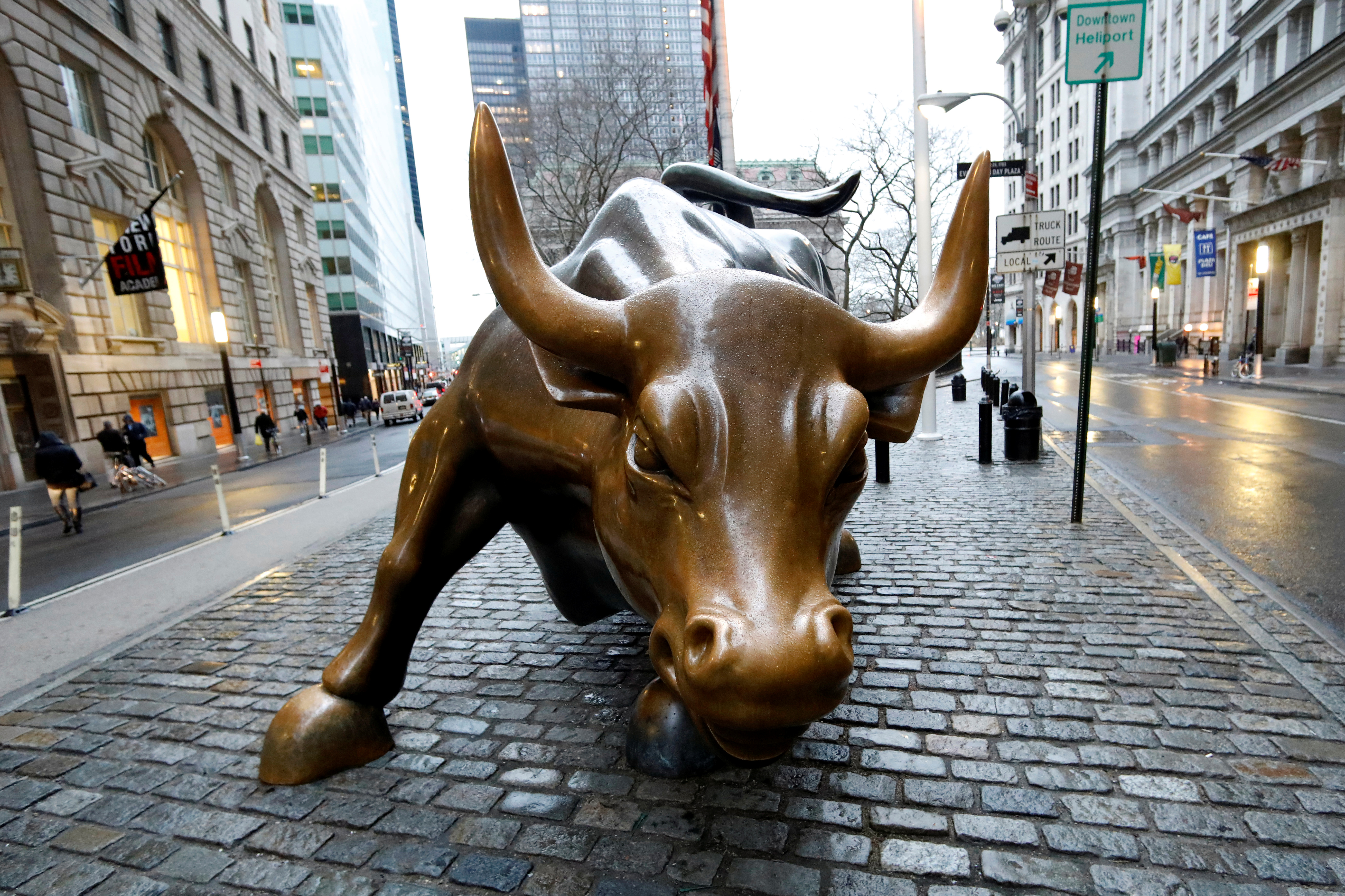Dodd-Frank under fire
The House of Representatives quietly passed a sweeping bill to undo financial regulations put in place by the Dodd-Frank Act. What now?

A free daily email with the biggest news stories of the day – and the best features from TheWeek.com
You are now subscribed
Your newsletter sign-up was successful
The smartest insight and analysis, from all perspectives, rounded up from around the web:
Republicans are doggedly chasing their dream of undoing Wall Street reforms, said Alan Rappeport at The New York Times. While the rest of the political world was glued earlier this month to former FBI Director James Comey's Senate testimony, the House of Representatives quietly passed a sweeping bill to undo financial regulations put in place by the 2010 Dodd-Frank Act. The so-called Financial Choice Act would exempt banks from most of Dodd-Frank's rules as long as they keep a big enough cash cushion to protect against potential economic shocks. The Volcker Rule, which restricts big banks' ability to make risky financial bets, would be repealed, and banks would be subjected to fewer stress tests. The bill has almost no chance of surviving the Senate in its current form, "because of the slim majority that Republicans hold" there. But the GOP has made it clear that it intends to unwind Dodd-Frank, saying the reforms have "strangled small businesses and stagnated the economy."
This is a good bill and "deserves support," said the National Review in an editorial. The number of banking regulations has roughly doubled since Dodd-Frank passed, with 28,000 new restrictions put into place. As a result, thousands of small banks and credit unions have either closed or merged with bigger firms that can afford to pay compliance costs, making "too big to fail" institutions even fatter. The Choice Act would ensure that large firms could cope with unexpected losses, "making the system more stable" without suffocating banks in red tape. It's the "surest sign yet" that Republicans are serious about sweeping away harmful regulations, said Eric Boehm at Reason. That includes eliminating the Orderly Liquidation Authority, which actually makes government bailouts more likely. Even if this particular bill doesn't succeed, Republicans have a solid blueprint for dismantling Dodd-Frank.
The Week
Escape your echo chamber. Get the facts behind the news, plus analysis from multiple perspectives.

Sign up for The Week's Free Newsletters
From our morning news briefing to a weekly Good News Newsletter, get the best of The Week delivered directly to your inbox.
From our morning news briefing to a weekly Good News Newsletter, get the best of The Week delivered directly to your inbox.
Banks should be required to hold more capital, said David Dayen at The Nation. "But here's the problem: There's no penalty for violators." Under the Choice Act, banks would get a year to rewrite their capital plans, making it easy to jump between compliance and noncompliance. The bill also guts the Consumer Financial Protection Bureau, stripping the independent watchdog of its power to rein in abuses and making its budget subject to congressional meddling. Ultimately, "the only choice for Wall Street in the Choice Act is to do whatever it wants."
"The case for repeal of Dodd-Frank would be more compelling if banks were suffering," said Daniel Gross at Slate. "But they're not." U.S. banks generated a record $170 billion in profits in 2016, and only 3 percent reported a loss last quarter. At the same time, we're seeing less of the "reckless lending" that caused the financial crisis in the first place. Basically, Dodd-Frank is working. "So what's next?" asked Donna Borak at CNN. Narrow parts of the Choice Act could pass the Senate, bypassing the filibuster through reconciliation. The Trump administration may try to water down other rules. But with Senate leaders not expecting to pass major bank reform legislation until early 2018, Dodd-Frank haters are likely in for a wait.
A free daily email with the biggest news stories of the day – and the best features from TheWeek.com